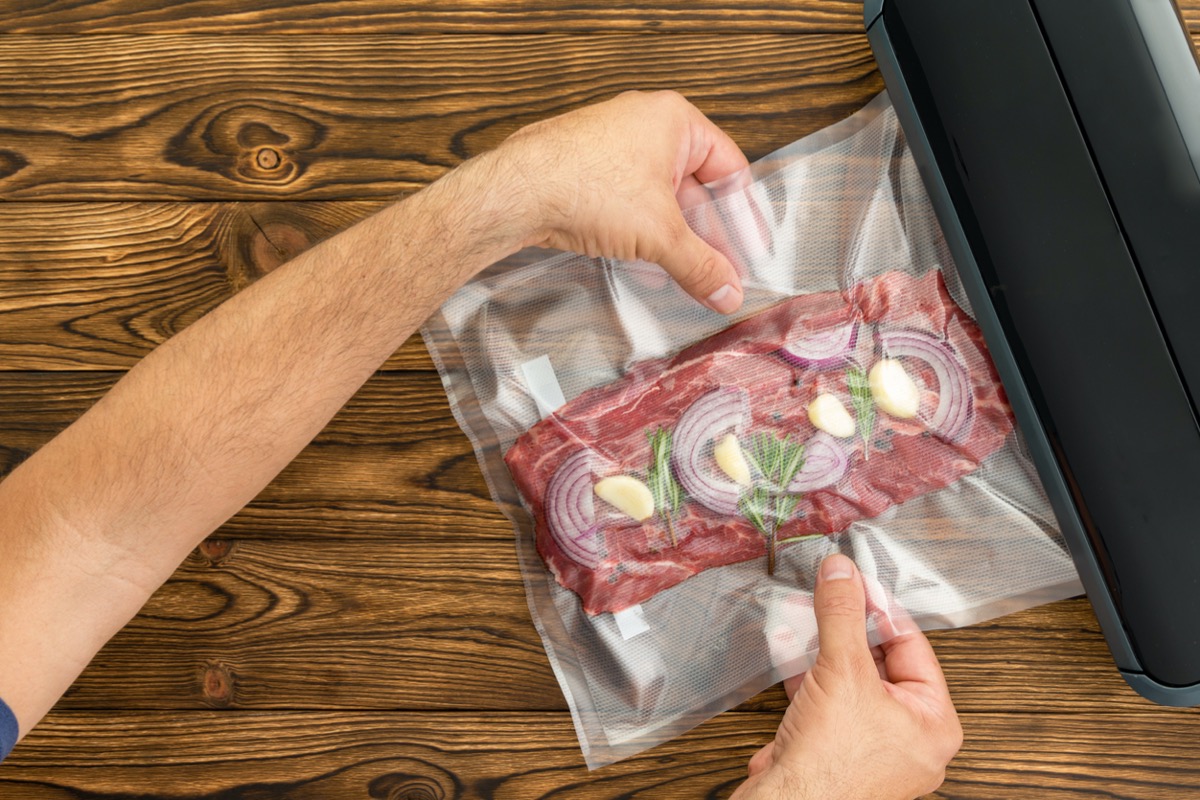We may earn revenue from the products available on this page and participate in affiliate programs. Learn More ›
Vacuum sealers are lifesavers, particularly for those with busy schedules. These useful appliances preserve, protect, and prolong the shelf life of food in the pantry, refrigerator, and freezer. You can vacuum seal snack-size or dinner portions of fare while saving fridge space in the process.
Though vacuum sealing is a terrific convenience and can be great money saver, there are some foods that should never be vacuum sealed at all because depriving them of oxygen can make them spoil faster. In the absence of healthy bacteria, anaerobic bacteria that can make you sick may flourish. Read on to learn which foods should never see the inside of a vacuum sealer bag.
RELATED: 20 Things Never to Put in the Fridge
1. Soft Cheeses
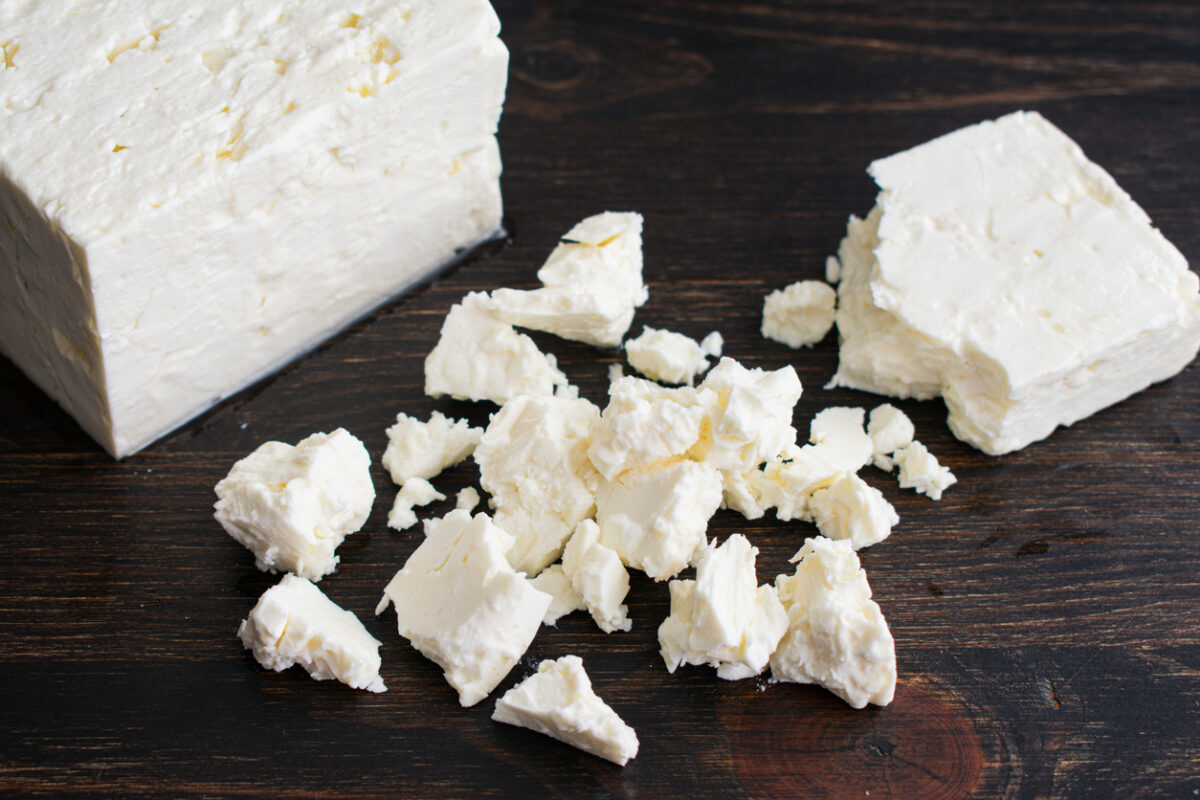
While it’s satisfying–and perfectly okay–to preserve the life of your hard cheeses with vacuum sealing, applying the same preservation technique to soft, wet, or crumbly cheeses is a bad idea. Cheeses like Brie, blue, goat, ricotta, and mozzarella are apt to mold in an airless environment. When in doubt, check to see if the cheese is fresh, unpasteurized, stored in liquid, wet or sticky to the touch, or double- or triple-crème. If your cheese fits any of those descriptions, don’t vacuum seal it.
2. Raw Onions and Garlic
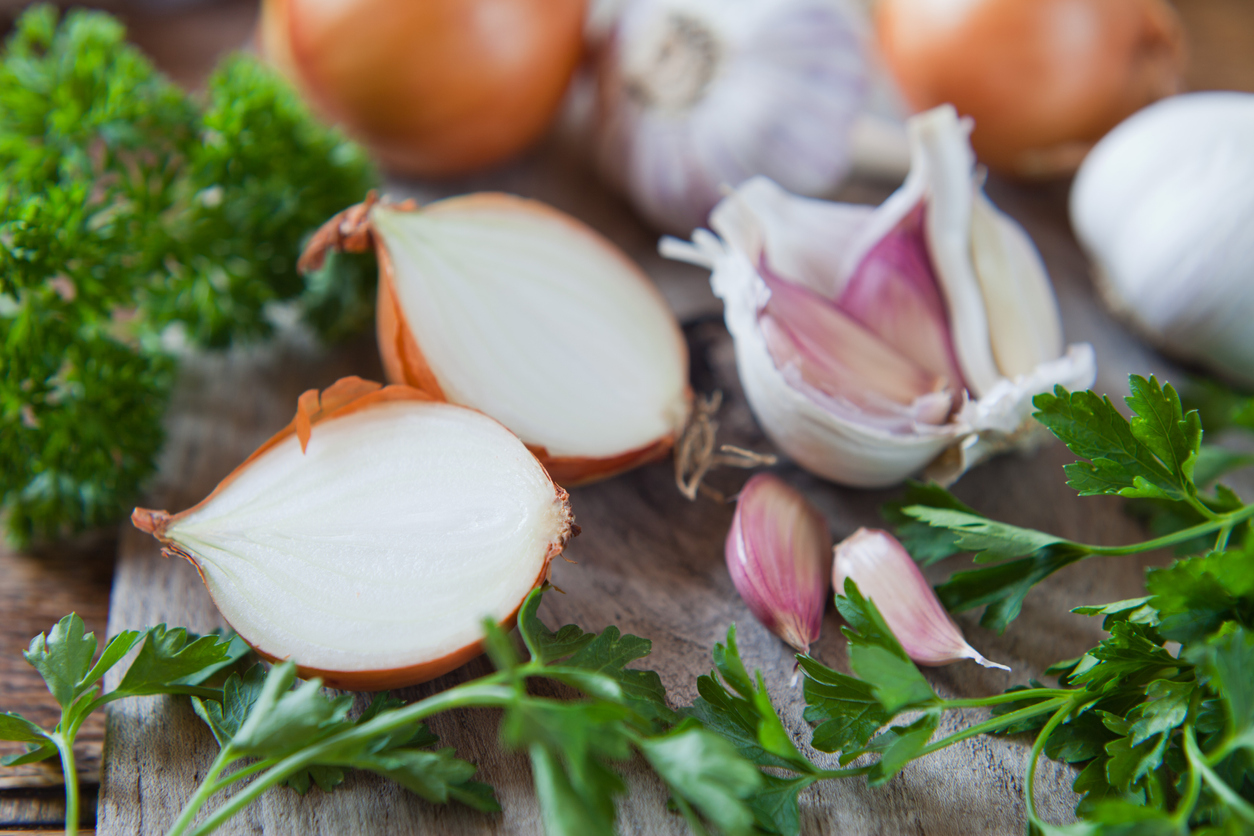
You know those fumes that onions emit when you’re cutting them? They continue to emit these gasses even after being vacuum sealed, as does garlic, another allium in the lily family. That gas can inflate the bag, possibly creating leaks in the vacuum. In fact, vacuum-sealed onions and garlic spoil faster than if you’d never sealed them at all.
3. Cruciferae or Brassicaceae Vegetables
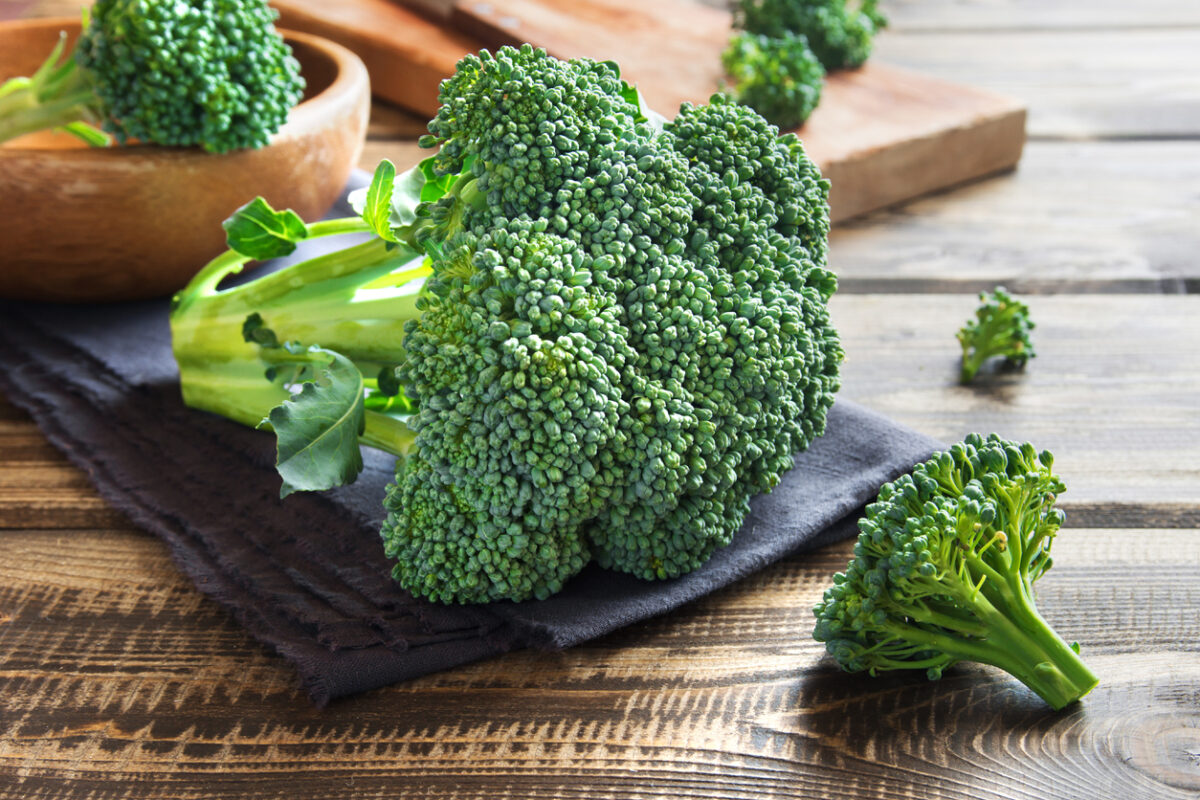
Like raw onions and garlic, raw vegetables in the Cruciferae and Brassicaceae families that emit gasses also shouldn’t be vacuum sealed. These vegetables include cabbage, broccoli, kale, radishes, bok choy, cauliflower, Brussels sprouts, and arugula. To safely vacuum seal them, you first have to blanch them and let them cool thoroughly. While many vacuum sealers have a “moist” setting, drying these vegetables before placing them in the bag is a must for the best seal possible.
4. Raw Mushrooms
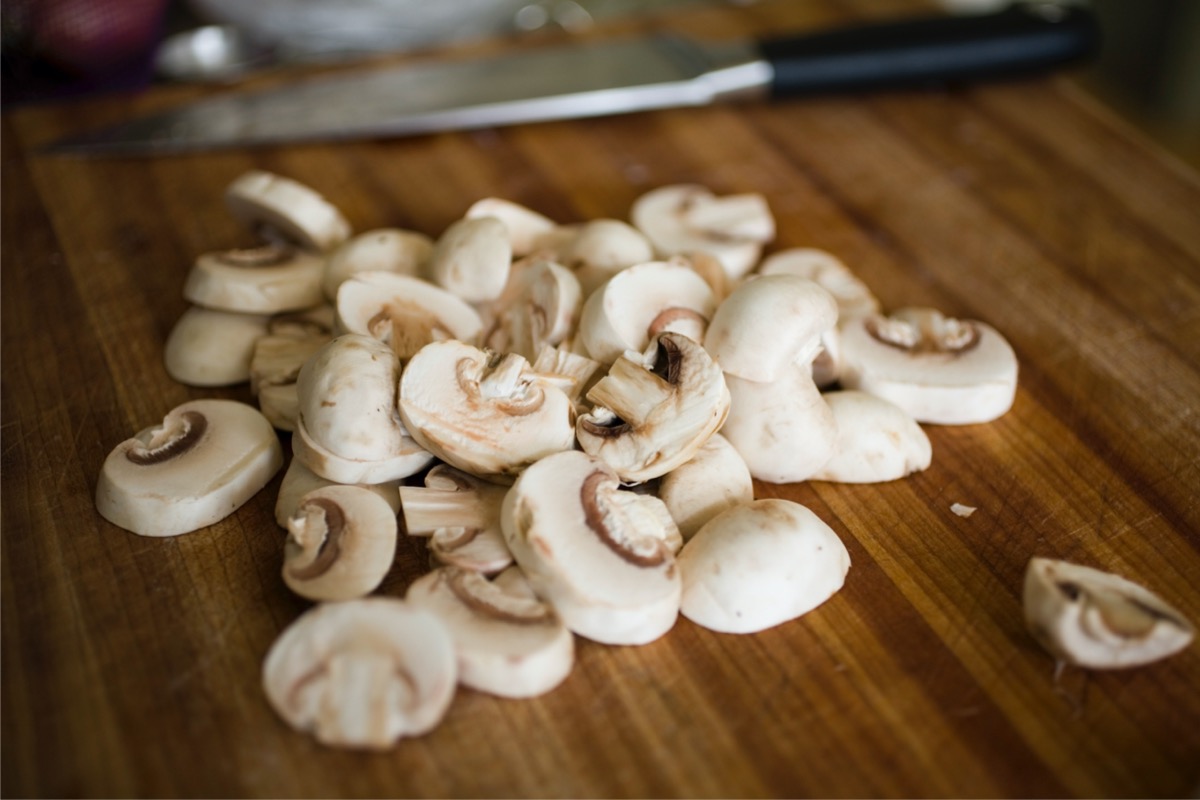
It sounds counterintuitive, but mushrooms decay faster when they are vacuum sealed. Mushrooms have fruit-like ripening cycles; as a result raw mushrooms ripen faster when vacuum sealed, and therefore also rot faster. Cooked mushrooms, however, are fine to vacuum seal.
RELATED: Solved! How to Freshen Up a Smelly Fridge
5. Raw Bananas
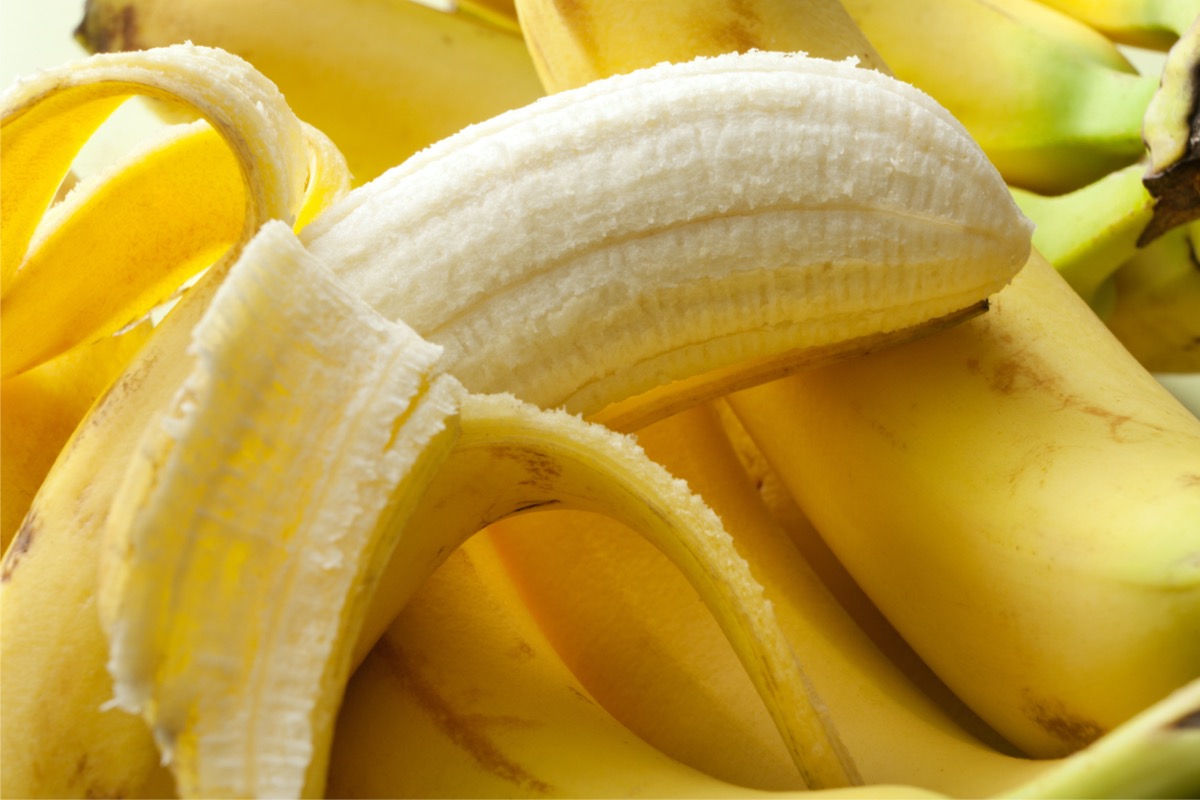
Like mushrooms, raw bananas ripen faster in an anaerobic environment. One way to avoid their rapid decay is to freeze them first. Once frozen, you can safely vacuum seal bananas in that preserved state.
6. Whole Apples
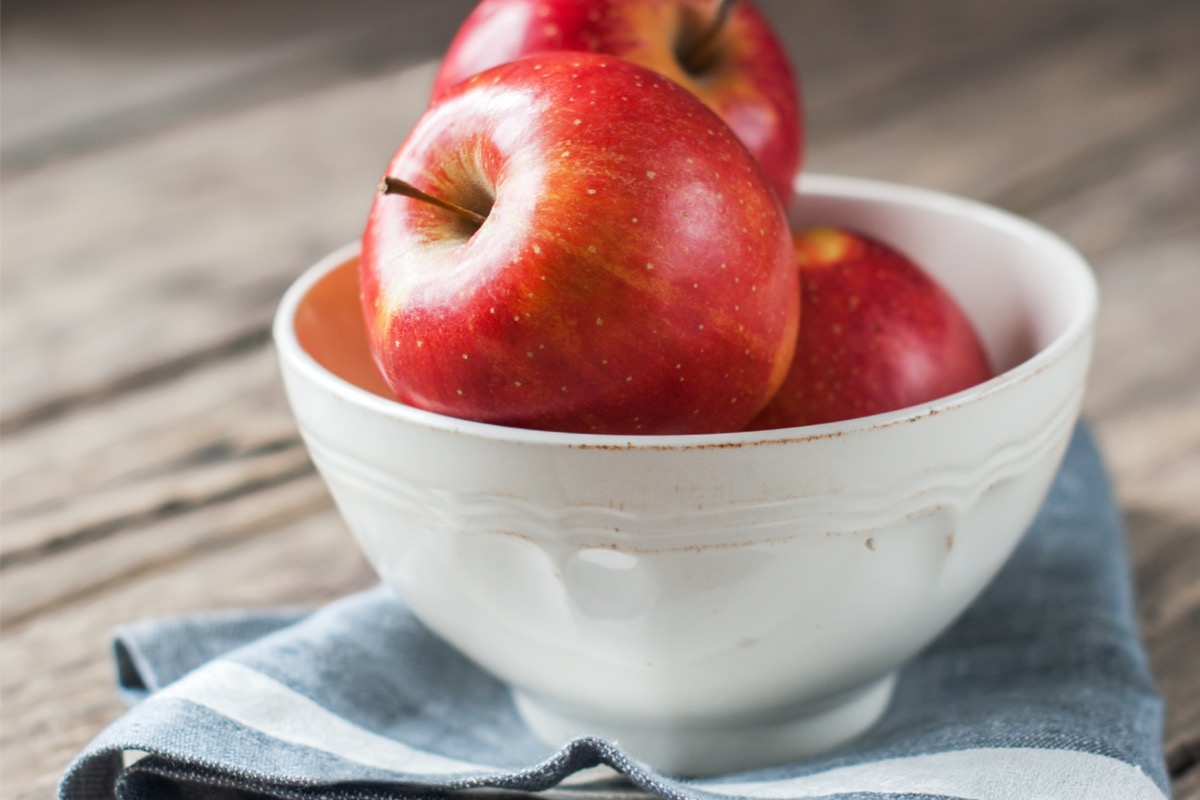
It’s not a good idea to vacuum seal any whole fruits, but apples especially have to be sliced first. To preserve their color, brush them with lemon juice and vacuum seal the slices quickly before they brown.

